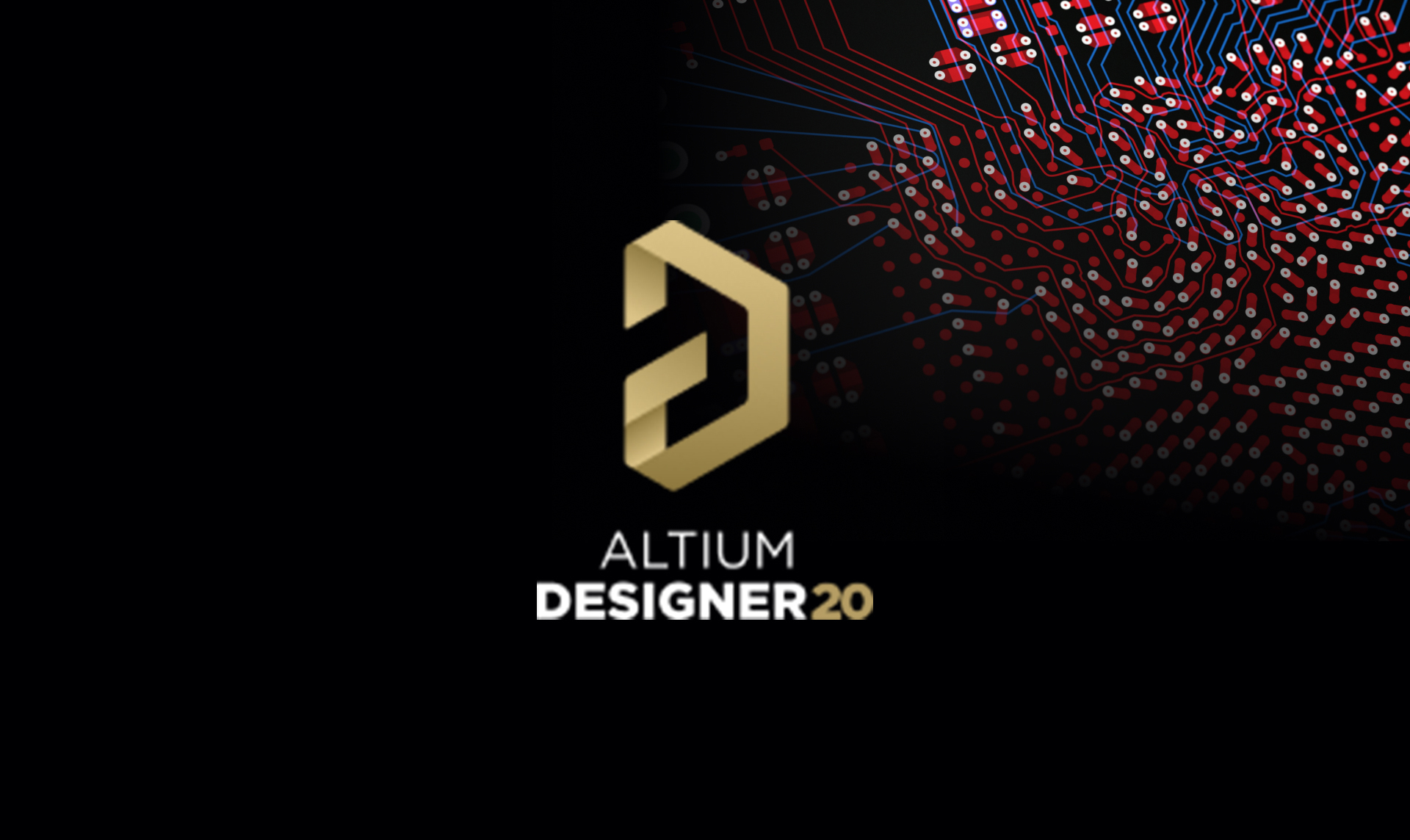
One thing to note is that server redundancy is not supported with the Infrastructure Server/Enterprise Server. Licenses can also be served on a Roaming basis, where the license seat is leased to the target machine for a specified time, allowing the software's host PC, e.g., a laptop, to 'roam' freely while isolated from the network.Īccess continues to be available to the legacy PLS software this setup and use is often preferable for smaller organizations. A seat (instance) of a PLS-hosted Altium license can be 'leased' by workstation software when it is in use, then 'revoked' (returned to the available pool of licenses) when no longer required. When initially acquired from Altium's web-based license service, the licenses are converted to Private Licenses for localized access. The dedicated Private License Service (PLS), implemented on a PC connected to the company LAN/WAN, is set up by an administrator to acquire the company's Altium licenses locally and then serve these to Altium Designer installations as required. Client-side license acquisition is administered by the Private License Service of an Altium Infrastructure Server (a free, on-premise server that provides remote Altium product installation and license management) or an Altium On-Prem Enterprise Server (available to those with Altium Designer and an active Altium Designer Enterprise Subscription). Private Server - for organizations that require their Altium Designer installations to remain offline (isolated from the internet) the convenience and flexibility of on-demand software licensing can be provided by a localized Altium Private License Service, rather than from the cloud-based Altium Licensing Service. Also, if you get it go out and find available projects in Altium so you can see how a "real" design looks in Altium.This license type is ideal for a single workstation and solo designer and requires no active internet connection. That's better value than a lot of the classes you'll take in college/university. If I assume 3 years at $120/yr, that is a very cheap price to pay for some valuable experience(assuming you practice and use it). You don't want to have to learn the basics on the job with someone looking over your shoulder. If you learn the basics of Altium, you'll be glad you did when your employer asks about it during an interview, or you're required to use it on the job. You are much more likely to find Altium in you job later on, and since you are a student, I assume you will be going on to finding a engineering job. If you want to have a chance of importing to another package in the future you'll likely need the ASCII version, but Altium natively supports the binary.

When you create a project in Altium, be sure you save the binary and ASCII versions of the board. I think it's worth it to have experience with multiple platforms.


 0 kommentar(er)
0 kommentar(er)
